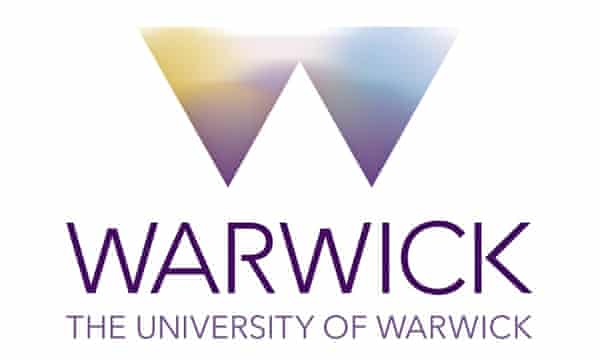University of Warwick: Student awarded grant from innovative Institute of Physics Research-scholarships fund
Vanessa will be studying for a PhD in the University of Warwick’s Department of Physics. Her project will focus on obtaining and analysing observations of exoplanet systems at infrared wavelengths, by using the biggest telescopes on the Earth (VLT, TNG, CAHA) and high resolution spectrographs. These observations will target giant and Neptune-size exoplanets and the analysis will aim at measuring their physical (temperature) and chemical (composition) properties.
In addition, the project will focus on simulated observations of temperate exoplanets via the next-gen Extremely Large Telescope. It will focus on a few classes of atmospheres that are thought to be dominant, and on the detection of biomarkers, i.e. a set of molecules that is commonly interpreted as indicator of biological activity.
The innovative fund was set up by Professor Dame Jocelyn Bell Burnell and the Institute of Physics (IOP), the UK and Ireland’s professional body for physicists.
Vanessa said: “Dame Jocelyn Bell Burnell has always been one of my biggest inspirations. I’m super excited to have won this scholarship and to be starting my PhD at Warwick. It wouldn’t be possible without her goodwill and generosity; I’m extremely grateful.”
Dame Jocelyn, a former president of the IOP, was awarded the 2019 Special Breakthrough Prize in Fundamental Physics for her role in the discovery of pulsars, and for her continued scientific leadership and engagement with the scientific and wider communities. She was awarded an honorary Doctor of Science degree by the University of Warwick in 1995.
The Breakthrough Prize included award included £2.3m which she immediately donated to the IOP to help counter what she described as ‘the unconscious bias that still exists in physics research’ saying:
“I don’t need the money myself and it seemed to me that this was perhaps the best use I could put it to.”
The Bell Burnell Graduate Scholarship Fund that resulted is an innovative doctoral scholarships fund that aims to encourage diversity in physics by assisting students from groups under-represented in the physics research community to undertake physics PhD programmes.
Students encouraged to apply include women, people with refugee status, and ethnic minority, disabled, financially disadvantaged and other students who would otherwise struggle to complete a course of postgraduate study due to their circumstances.
In 2019/20, just 25% of physics undergraduate students were female, and 81% of UK-domiciled physics undergraduates were white.1
As part of the selection process, applicants are asked how they would act as be ambassadors for the Fund, to help introduce other students to it.
Professor Helen Gleeson, Cavendish Professor of Physics at the University of Leeds, is the Chair of Judges. She said:
“It’s a privilege to play a part in identifying and working with the recipients of the Bell Burnell Graduate Scholarship Fund.
“The competition was very tough, with a large number of excellent students applying. I was hugely impressed by the candidates, but saddened that without funds such as this they probably cannot take that next step in their careers.
“This year we were able to double the number of awards made due to fundraising by the Institute of Physics that builds on Dame Jocelyn’s donation. That meant that eight thoroughly deserving students can embark on a PhD who would not have otherwise been able to do so.
“The difference that this fund is making is perhaps encapsulated in what one student said to me on learning of their award of a Bell Burnell Graduate Scholarship: ‘I can’t emphasise how much this means to me. …I am looking forward to mentoring future students in the same nurturing manner that (he and) other academics have done for me… Thank you for changing my life.’
“The successful applicants are all embarking on exciting research projects, and we are looking forward to them inspiring others in their ambassadorial role.”
Rachel Youngman, Deputy Chief Executive of the Institute of Physics, said:
“To be able to hear what it means to the lives and futures of those who have and are now receiving scholarships is heartening for all of us who are committed to improving diversity in physics.
“We know that diversity means better research, and together with our continued commitment to support the physics community in being an inclusive environment within which everyone can thrive, we will see significant changes. Dame Jocelyn’s generosity has made this possible and we remain incredibly proud that we are able to run this scheme and be part of seeing greater diversity of those able to go on to study for their PhDs.”

